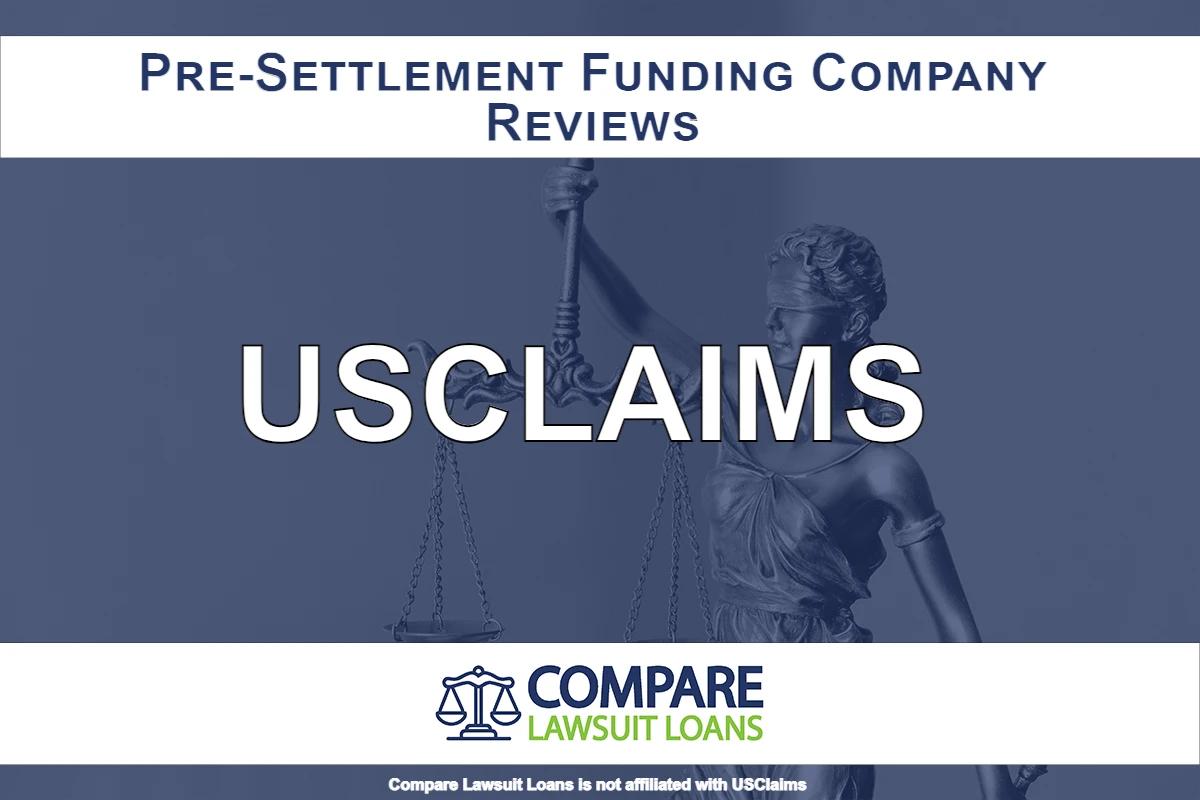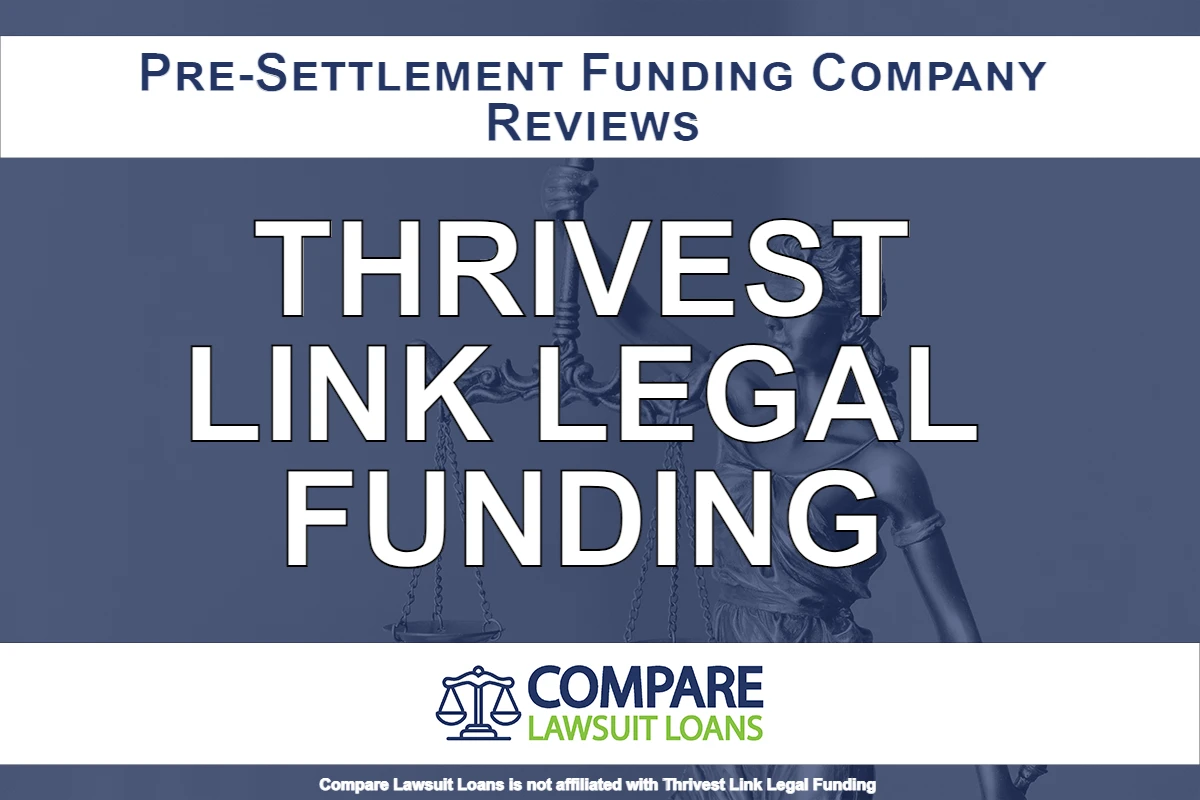Updated on 1/16/2025
This article helps plaintiffs and attorneys alike learn more about lawsuit loans and alternatives in New Jersey. Below you will find the following information:
Lawsuit loan companies serving New Jersey
Below you will find a list of companies that provide funding in New Jersey. We highlight lawsuit loan companies we recommend, as well as local and regional funding companies where applicable.
Recommended lawsuit loan companies funding New Jersey residents
We recommend the following companies for plaintiffs residing in New Jersey.
Our pick for low rate lawsuit loans

USClaims offers some of the lowest, non-compounding rates in the industry. Many companies claim to offer “the lowest rates in the industry” – we recommend comparing them against an offer from USClaims to see for yourself.
Our pick for fast lawsuit settlement loans

Thrivest Link Legal Funding offers reasonable funding terms often with simple, non-compounding rates. Their expert underwriting allows them to fund larger sums than many of their competitors. They frequently approve claims for funding within 24 hours.
Highly rated on Google

High Rise Financial is a California-based lawsuit loan company. They have the most five-star reviews of any funding company in the industry. In addition to pre-settlement funding, High Rise provides medical care scheduling and financing services.
See our full list of recommended companies here.
Lawsuit funding laws, regulation, and relevant ethics opinions in New Jersey
New Jersey state law does not currently limit lawsuit funding and explicitly allows it for contract claims. The latest bill that seeks to regulate lawsuit loans was introduced in February of 2020 but has not yet passed. Common law champerty and maintenance doctrines do not apply in the state. The New Jersey State Bar does not allow lawyers to lend to clients, but allows attorneys to help clients seek funds from a third-party.
Laws regarding lawsuit loans in New Jersey
New Jersey has a Consumer Litigation Funding Act proposed on February 24, 2020 that has not yet been signed into law. This bill seeks to regulate consumer litigation funding providers. If passed, the bill would require an interest rate cap of 40% per year and a maximum one-time fee of $500 per transaction. State law in New Jersey currently allows lawsuit loans for contract claims.
Source: Consumer Litigation Funding Act
Legal funding case law in New Jersey
In Weller v. Jersey City H & P St. Ry. Co. the court stressed that maintenance and champerty doctrines never prevailed in New Jersey.
Source: Weller v. Jersey City H & P St. Ry. Co.
Can a lawyer lend money to a client in New Jersey?
While in pending litigation, New Jersey attorneys cannot grant funding to plaintiffs. However, they can cover the costs of litigation for impoverished clients, or advance the expenses to the end of the case.
Source: New Jersey Rules of Professional Conduct 1.8(e)
Can attorneys help clients receive lawsuit loans in New Jersey?
A lawyer may help a client obtain financial assistance from a lawsuit loan company so long as the attorney does not have a financial interest in and is totally independent of the lending company.
Source: New Jersey Advisory Committee on Professional Ethics Opinion 691
Lawsuit loan alternatives in New Jersey
Lawsuit loans are expensive. Plaintiffs in New Jersey should exhaust all other options before seeking legal funding. Check out the local resources below for some ideas:
- New Jersey: Financial Assistance For Families – this program provides a wide range of resources for low-income families, including child care subsidies, children’s health insurance, WIC benefits, and Temporary Assistance for Needy Families (TANF).
- Low Income Home Energy Assistance (LIHEAP) – LIHEAP offers financial grants to reduce the cost of energy use for low-income New Jersey residents.
- New Jersey Housing Resource Center – this agency provides rental assistance in several different forms, including Section 8 housing vouchers, State Rental Assistance Program, Housing Opportunities for People with AIDS (HOPWA), and Veterans Affairs Supportive Housing (VASH), as well as homelessness and eviction protection.
- NJ Medicaid – Medicaid in New Jersey provides health insurance to low-income residents unable to obtain insurance through other pathways.
- NJ Supplemental Nutrition Assistance Program (SNAP) – SNAP programs offer vouchers to families in need that can be used to purchase food.